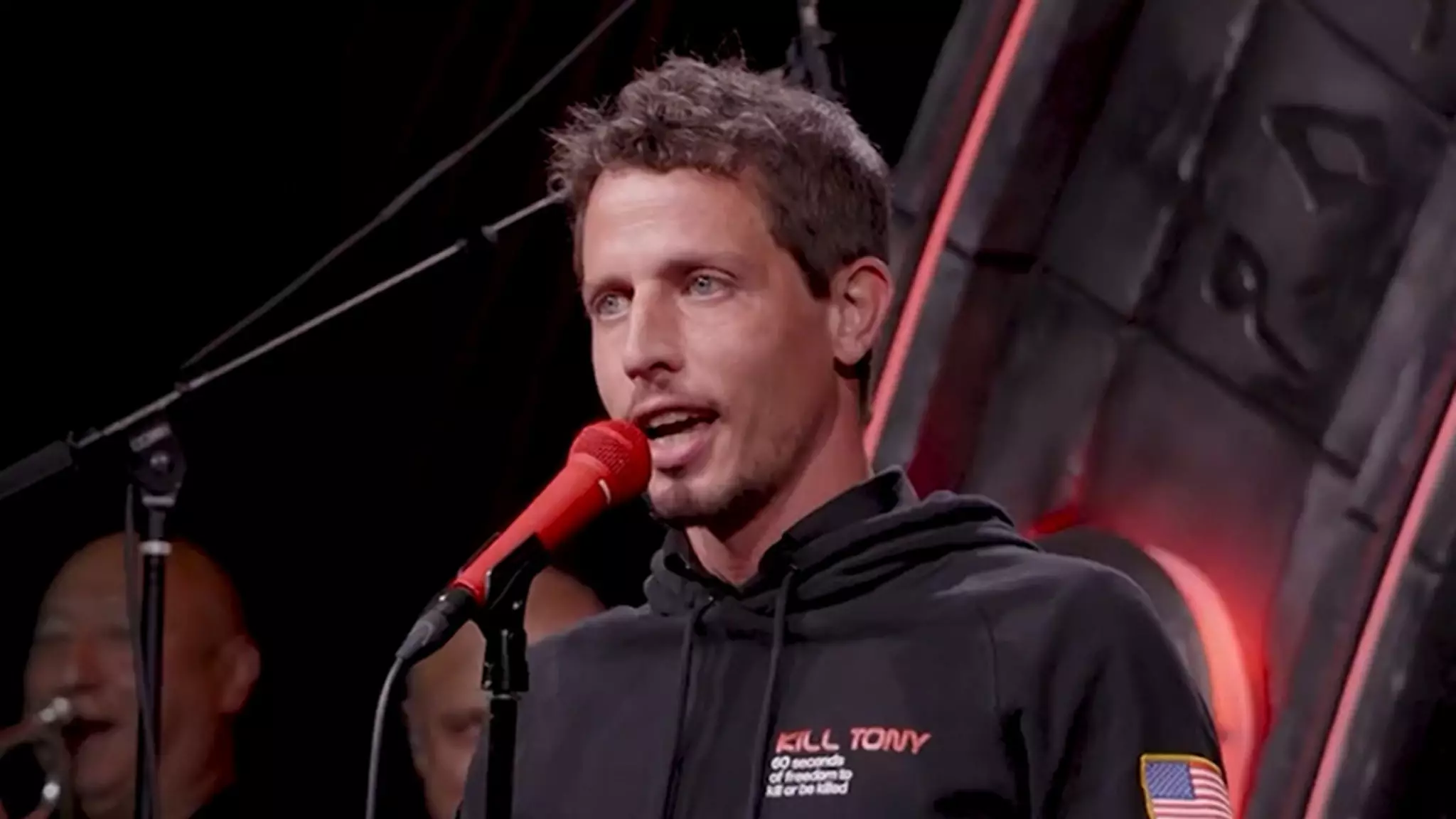In the world of stand-up comedy, the line between humor and insensitivity can sometimes blur, leading to public uproars and backlash. Recently, comedian Tony Hinchcliffe faced intense criticism following a performance at Madison Square Garden during a Donald Trump rally. The cringe-worthy moment came when he delivered a joke linking Puerto Rico to a floating island of garbage. This quip triggered an immediate wave of outrage from both the audience and viewers across the nation, bringing to light the complicated dynamics of race, politics, and comedy in contemporary society.
Hinchcliffe’s joke ignited fierce reactions from various political figures, media personalities, and concerned citizens. The backlash wasn’t just a matter of individuals being offended; it raised questions about the implications of comedy in politically charged environments. Particularly controversial was the timing and venue of the joke—made at a rally aiming to engage Latino voters—raising concerns about its potential impact on Trump’s outreach efforts to Hispanic demographics. This ire was further fueled by Hinchcliffe’s proximity to Trump, posing the question of whether such comedy could inadvertently alienate an entire community.
In a later performance on his podcast, “Kill Tony,” Hinchcliffe addressed the fallout with a blend of defiance and acknowledgment of the outrage. He stated, “I’m currently under attack,” but quickly pivoted to affirming his affection for Puerto Ricans, insisting they are “smart people.” His assertion seemed to serve as a preemptive defense against the backlash, yet the refusal to apologize revealed a deeper commitment to his comedic persona—a persona that thrives on shock value and controversy.
Rather than stepping back from his comments, Hinchcliffe boldly declared, “I apologize to absolutely nobody,” showcasing a characteristic brashness that galvanizes some audiences while alienating others. In this response, he not only stood by his words but also danced on the edges of self-awareness by admitting that “perhaps that venue at that time wasn’t the best f***in’ place” for a joke of that nature.
The Broader Implications
The incident exemplifies a significant dilemma within modern comedy: navigating the often precarious intersection of humor and social awareness. Comedians hold a unique position in society, one that offers commentary on cultural and political landscapes, but also requires sensitivity to the very audiences they aim to entertain. Hinchcliffe’s response could spark further debates about the responsibilities of comedians—especially those who perform in politically charged settings.
As the dust settles from this latest controversy, one can only ponder the lasting effects on Hinchcliffe’s career. Will his unapologetic stance bolster his reputation among fans who relish edgy humor, or will it result in a long-term backlash that damages his standing in a rapidly evolving societal landscape? In the end, the art of stand-up comedy remains both a reflection of societal norms and a challenge to them, highlighting the complexities of identity, politics, and humor.

